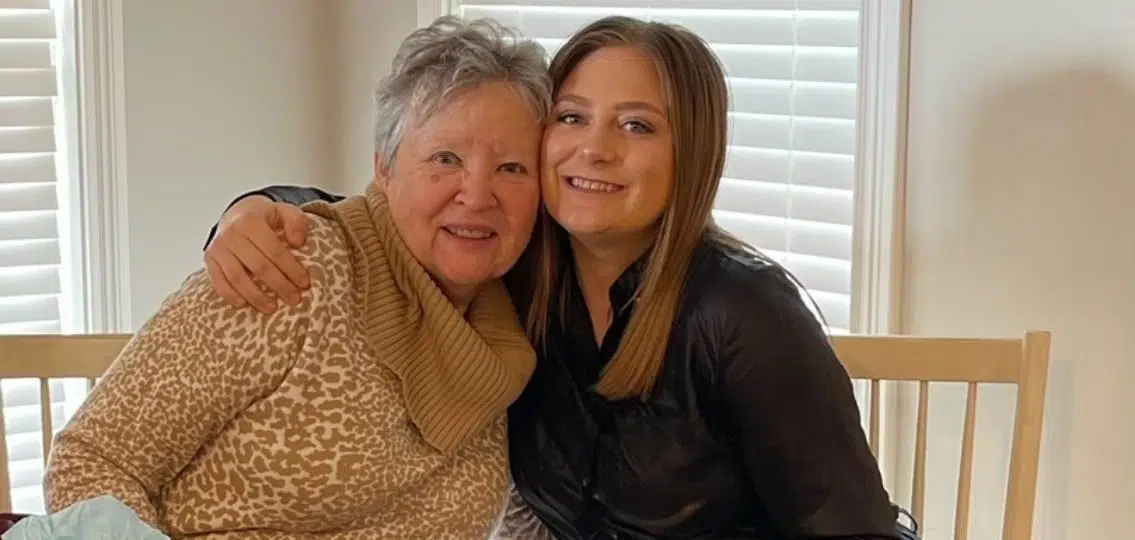Years ago, when my granddaughter Taylor turned 12 and her primary interests turned to clothes, BFFs, and boys, I feared we might grow a psychological separation between us larger than our 600-mile geographical distance apart. I wished that she’d cherish me in her memories like I do with my own paternal grandmother. I needed something to help cement our granddaughter-grandmother relationship, and so I searched my mind, and then my house, for a solution.
What I found was an unfinished draft of a scary young-adult novel sitting on my shelf. The story was based on an experience I had as a child, but the old-fashioned language needed an update and the story needed an ending.
I wondered, would my granddaughter help me update and complete it? Collaborating on this project would mean spending more time with her. I emailed to ask her and hoped she’d say yes.
That same day, I received her enthusiastic reply: “Of course I will help you!”
Our emails flew back and forth throughout the fall and early winter. Together, we outlined several chapters: Was a love interest for our 16-year-old protagonist a good idea? Should our protagonist’s younger sister be an environmentalist? Should we include a character about a computer whiz?
I emailed drafts of each chapter to her. She made changes and emailed them back. She made the preteen dialogue more authentic, and she filled in their interests, thoughts, and concerns. She pointed out what she considered weak areas in the plot and suggested how to correct them, and she made story contributions of her own.
The only rule I set for Taylor surrounding this project was for her to see it through, which she did. Our main objective, I said, was simply to have fun.
We had about fifty pages to go when I ran across a writing contest for young-adult novels. Did she think we should enter, I asked? She did.
With only three weeks before the entry deadline, we worked nearly non-stop through Christmas. I even assigned her a chapter to write. She did an amazing job following the story line, and even though she made a few grammatical errors, I didn’t change a thing.
We didn’t win the contest, which disappointed both of us. However, we both reaped enormous benefits from working toward it. Years later, in high school, Taylor entered her writing in another contest and this time she won first place and a $100 prize. In college, she earned a degree in journalism. Now, at 26, she’s the lead reporter for a small Kentucky newspaper.
Recently, she wrote a short piece about me for her newspaper.
She ended her article by saying: “As a part of National Newspaper Week, I want to acknowledge my grandmother, who is perhaps the sole reason I do what I do today.”
Reading that acknowledgement was one of the happiest moments of my life. It was the validation I needed that our writing collaboration years ago forged a lasting bond, not only between two lovers of the written word, but between a grandmother and granddaughter. I knew at that moment that I had succeeded in leaving her with memories of me she could cherish forever.




